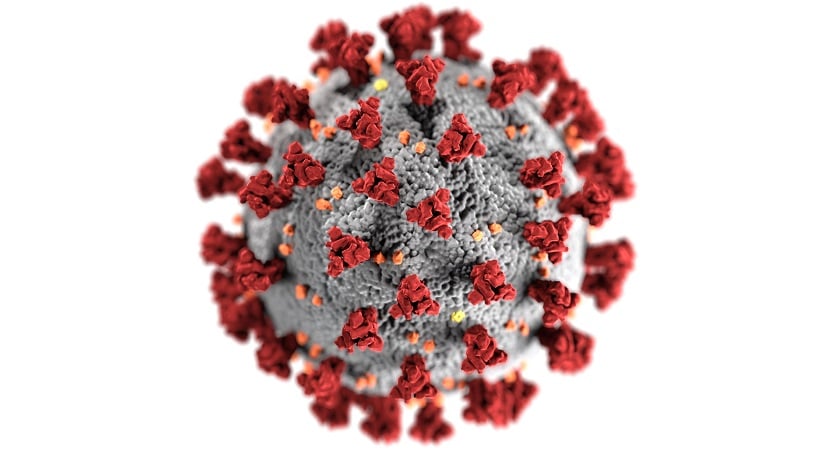DIFFERING immune system responses of patients with COVID-19 indicate which patients are at greater risk of developing severe forms of the illness. According to researchers at Yale University, New Haven, Connecticut, USA, these findings may help identify those at high risk of severe illness early during their hospitalisation and help to suggest drugs to treat COVID-19.
For the study, the immune system responses of 113 patients admitted to Yale New Haven Hospital were examined during their entire hospital stay: from admittance to discharge or death. Immune profiling revealed that all patients shared a common COVID-19 immune system activity ‘signature’, including increased innate cell lineages with a concomitant reduction in T-cell number during the beginning of the disease course. Patients who went on to have moderate symptoms experienced diminishing immune system responses and viral load over time, while those who developed severe cases of the disease maintained these elevated responses throughout the course of the disease.
However, during the early course of treatment, the researchers observed indicators that predicted which patients were at a greater risk of developing a more severe form of the disease. Poor outcomes were linked to the presence of IFN-α, a cytokine that combats viral pathogens. However, in patients with COVID-19, those with high levels of IFN-α experienced more severe symptoms. According to Prof Akiko Iwasaki, “This virus just doesn’t seem to care about IFN-α. The cytokine appears to be hurting, not helping.” The activation of the inflammasome, a complex of proteins that detect pathogens and trigger an inflammatory response to an infection, was also linked to worse outcomes and death in several COVID-19 patients.
It was also found that patients with high levels of growth factors responded better to the infection; therefore, the researchers concluded that the combined results can help predict patients at high risk of poor outcomes and that drugs targeting the inflammatory response could help treat patients at risk of developing severe cases of COVID-19. Overall, this study identified an immune-response profile associated with severe COVID-19 outcome and early immune signatures that correlate with divergent disease trajectories.






